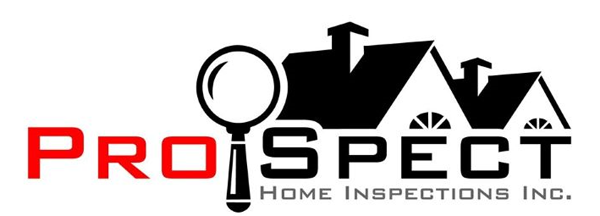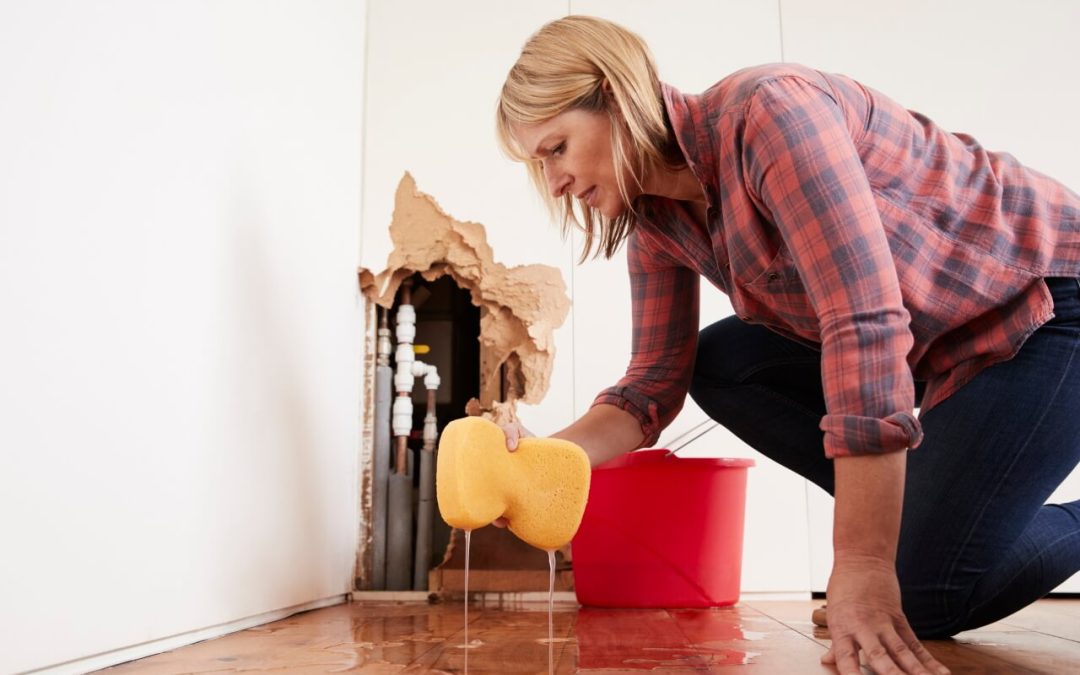Water damage in a home can be devastating. From basement flooding to roof leaks, any water entering your home can cause structural damage, mold and mildew growth, and expensive repair bills. Here are a few tips for dealing with residential water damage.
1. Contain the Water Quickly
If you have a leak or flooding, act fast to minimize the damage and prevent more water from entering. If possible, shut off the water source, mop up standing water, and use fans and dehumidifiers to dry out affected areas immediately.
2. Assess the Situation When Dealing with Residental Water Damage
Once you have contained and dried the area, assess the damage. Small leaks may only require minor repairs, while significant flooding can cause structural damage that needs professional assessment and repairs. Don’t forget to check behind walls and beneath the flooring to understand the extent of the damage.
3. Repair Structural Damage
If water has caused structural damage to your home, it’s essential to get it repaired as soon as possible. Water damage can weaken walls, floors, and other components of your home’s structure, leading to more problems if left unrepaired. Hire a professional to ensure the work is done correctly.
4. Monitor Health Risks
Water damage can often lead to mold or mildew growth, which can be hazardous to your health. Dry affected areas and sanitize them with a bleach solution. If you had flooding in a basement, there might be blackwater that needs to be cleaned carefully and thoroughly. Contact a professional service to safely clean and disinfect the area.
5. Dispose of Contaminated Items
If a sewage backup caused the water damage, dispose of contaminated items, such as carpets and furniture, that have come into contact with the water. Anything porous will need to be thrown away and replaced, as it can harbor bacteria and mold even after cleaning.
6. Invest in Waterproofing to Prevent Residential Water Damage
If you’ve experienced water damage, take steps to ensure your home won’t experience it again. Invest in waterproofing measures such as sump pumps and backflow valves to help prevent future flooding and leaks. Check your plumbing and the roof of your home for signs of damage or aging that could lead to water leaks.
7. Contact Your Insurance Company About Residential Water Damage
Get in touch with your homeowners insurance company to see if repairs are covered under your policy. Water damage can be an expensive fix, so it’s important to take advantage of any coverage you have.
Water damage can cause severe problems for your home and should be addressed as quickly as possible. Following these steps can help protect your home from further damage and reduce the risk of expensive repairs.
Pro Spect Home Inspections provides home inspection services to Citrus, Hernando, Pasco, Hillsborough, and Pinellas counties. Contact us to schedule an appointment today.

